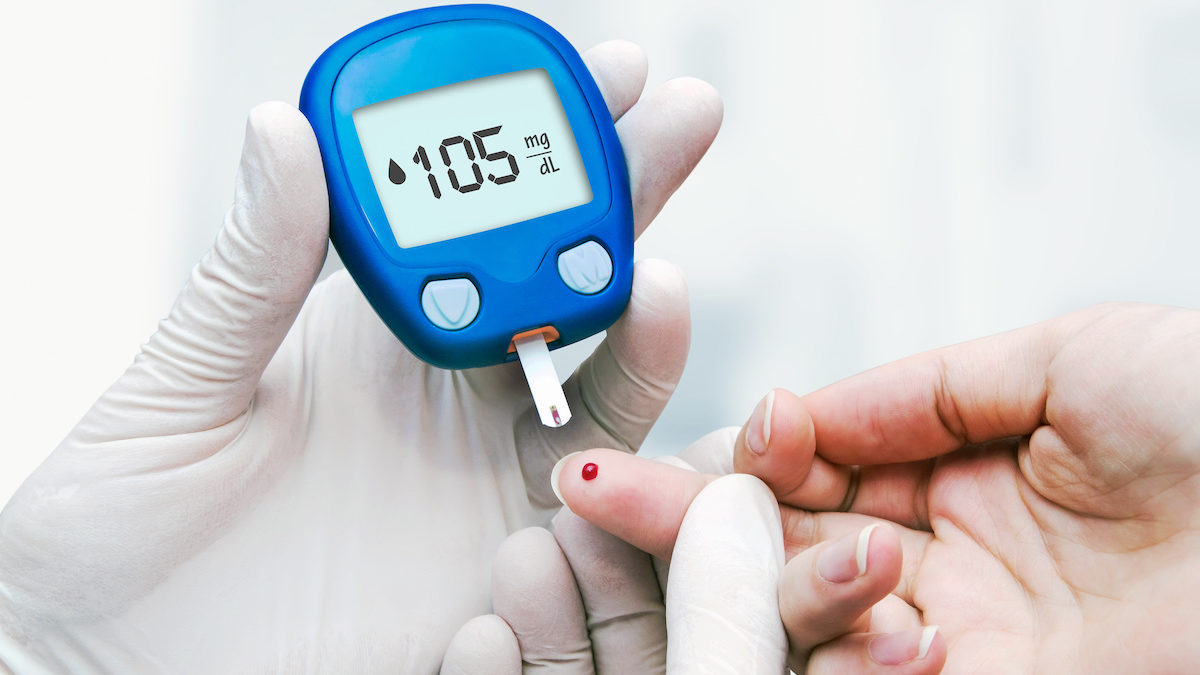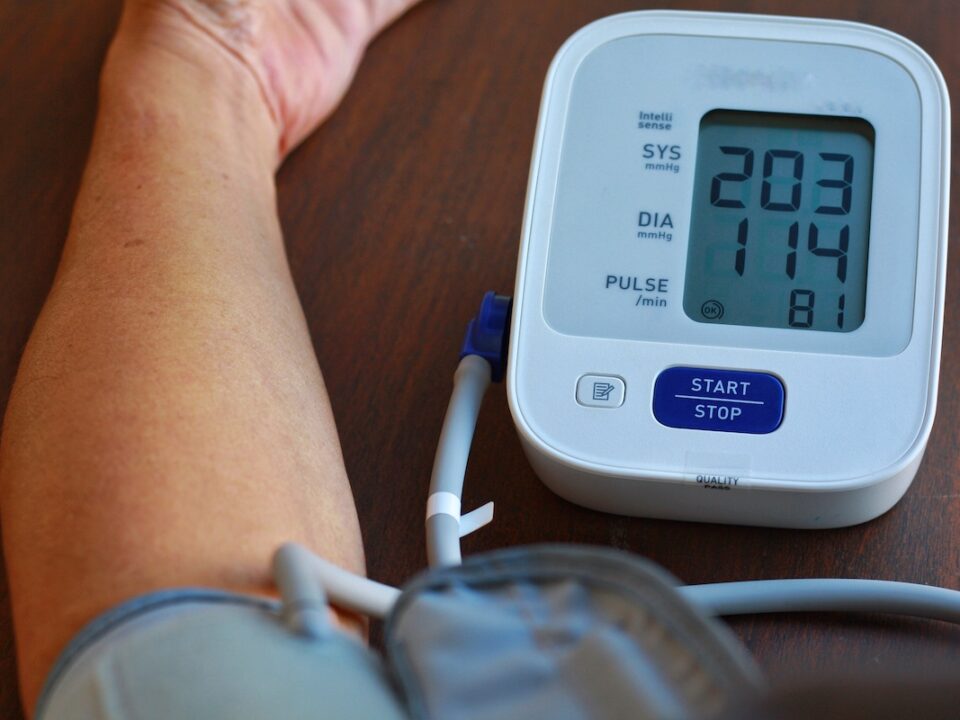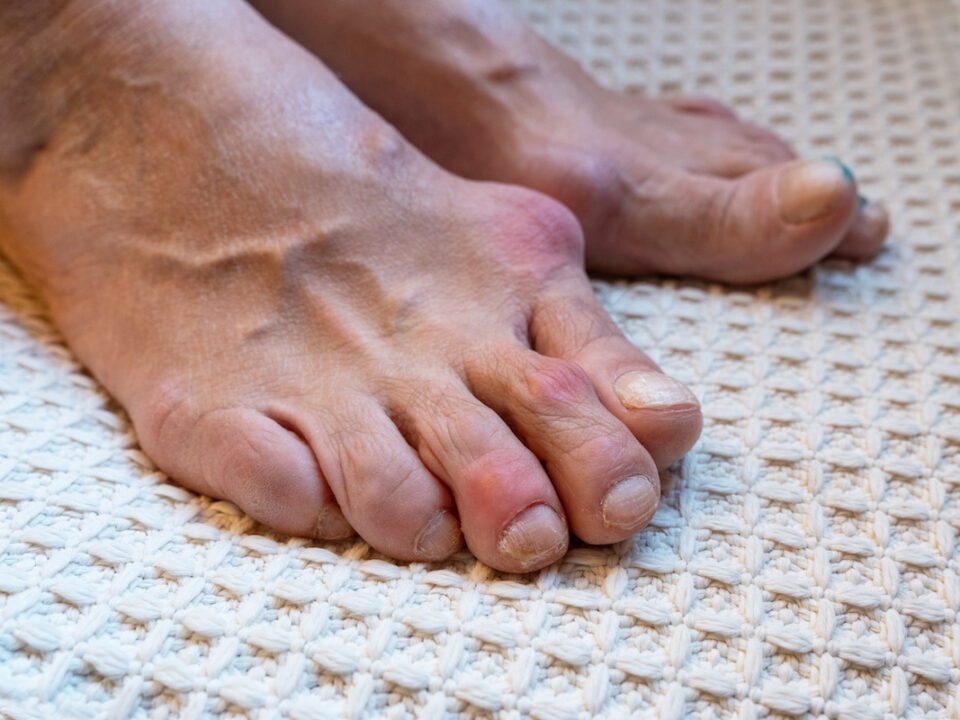Top Screenings for Diabetes

In the US, the American Diabetes Association estimates that 30.3 million Americans, or 9.4% of the population, have diabetes. It is estimated that 1.25 million American adults and children have type 1 diabetes. Medical News Today reported that the most common type of diabetes is type 2. 90 to 95% of people with diabetes have type 2, and 5% have type 1. This article will concentrate on type 2 diabetes and the top screenings to detect and manage this disease.
What is Diabetes?
Diabetes is a metabolic condition that happens when your blood sugar or glucose is too high, which is called hyperglycemia. The body uses glucose for energy, and the pancreas produces a hormone called insulin. Insulin is what helps convert the glucose from the food you eat into energy. Glucose does not reach your cells to be converted into energy when your body becomes resistant to the insulin; the body does not produce enough insulin, or does not produce any insulin at all. All three of these situations result in diabetes.
Here are the two main types of diabetes, type 1 and type 2.
- Type 1 diabetes which is formerly called juvenile diabetes. It usually is diagnosed early in childhood. Type 1 diabetes is considered an autoimmune condition in which the body does not produce insulin because the body’s immune system attacks insulin-producing cells from the pancreas called beta cells. The patient uses insulin as a treatment.
- Type 2 diabetes is a condition in where cells cannot use blood sugar or glucose efficiently for energy. When blood sugar levels get too high over time and the cells become insensitive or resistant to insulin, it usually results in the diagnosis of diabetes. With type 2 diabetes, there are multiple medications used to treat it.
What are the warning signs and symptoms?
Here are the diabetes warning signs and symptoms that both women and men have in common:
- Excessive thirst and hunger
- Frequent urination
- Weight loss or gain
- Fatigue
- Irritability
- Blurred vision
- Slow-healing wounds
- Nausea
- Skin infections
- Darkening of skin in body creases
- Fruity, sweet, or an acetone breath odor
- Hands or feet numbness or tingling
Who should be screened for diabetes?
It is recommended for abnormal blood glucose and type 2 diabetes screening in adults ages 40 to 70 who are overweight or obese and repeating the testing every three years if results are normal. People with higher risks should be considered for earlier and more frequent screening.
More frequent and earlier diabetes screening is recommended if you are overweight and have one or more of the following risk factors:
- Diabetes family history
- Sedentary lifestyle
- Hispanic-American, African-American, Native-American, Asian-American, or Pacific Islander ancestry
- History of blood glucose problems
- History of gestational diabetes or a baby weighing over nine pounds
- High blood pressure
- Cholesterol problems
- Polycystic ovary syndrome
- History of vascular disease
Screening for Diabetes
Diabetes can go undiagnosed for years unless a physician draws a blood sample to check the blood glucose. Here are the main blood tests to screen if a person has diabetes.
Fasting plasma glucose test
This involves checking the level of glucose in your blood while you are fasting through a blood test. If symptoms are present, a blood test generally will reveal very high blood glucose. This condition can be easily be detected during a routine screening exam and blood test.
Oral glucose tolerance test (OGTT)
This involves drinking a sugary solution two hours before you have your blood drawn. You will need to have a repeat test on another day to confirm that you have diabetes if your test results are 200 mg/dL or higher.
A1C Blood Test
An A1C test is a blood test that provides information about your average levels of blood glucose over the past three months. The A1C test can be used to diagnose type 2 diabetes and prediabetes. The A1C test is also the primary test used for diabetes management.
Talk to your doctor about the diabetes screening schedule best for you. If you do develop diabetes, early detection can be an essential way to protect your health and prevent future complications.
We can help you detect and manage your diabetes. Hillandale Primary Care & Laser Center is owned and operated by Dr. Saira Tariq Niaz, who is a board-certified family physician with offices in Lithonia and Lawrenceville, Georgia. Hillandale Primary Care provides patient-focused, compassionate healthcare of the highest quality to each patient and delivers acute and chronic healthcare to patients of all ages. We are passionate about preventive medicine and encourage each of our patients to take an active role in maintaining overall health and wellbeing. Call today at 770.322-9660 or request an appointment.



